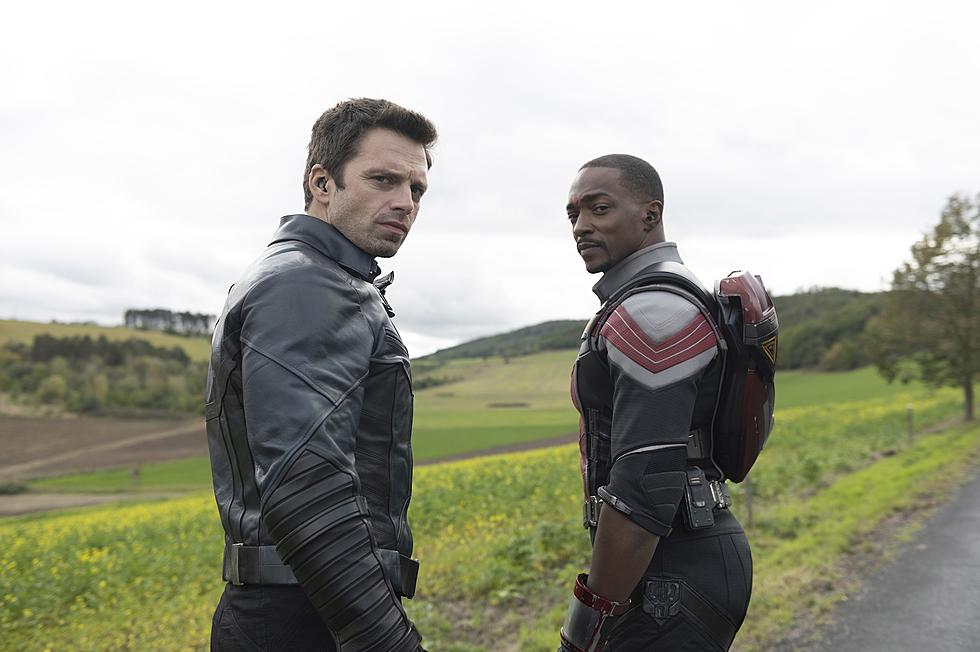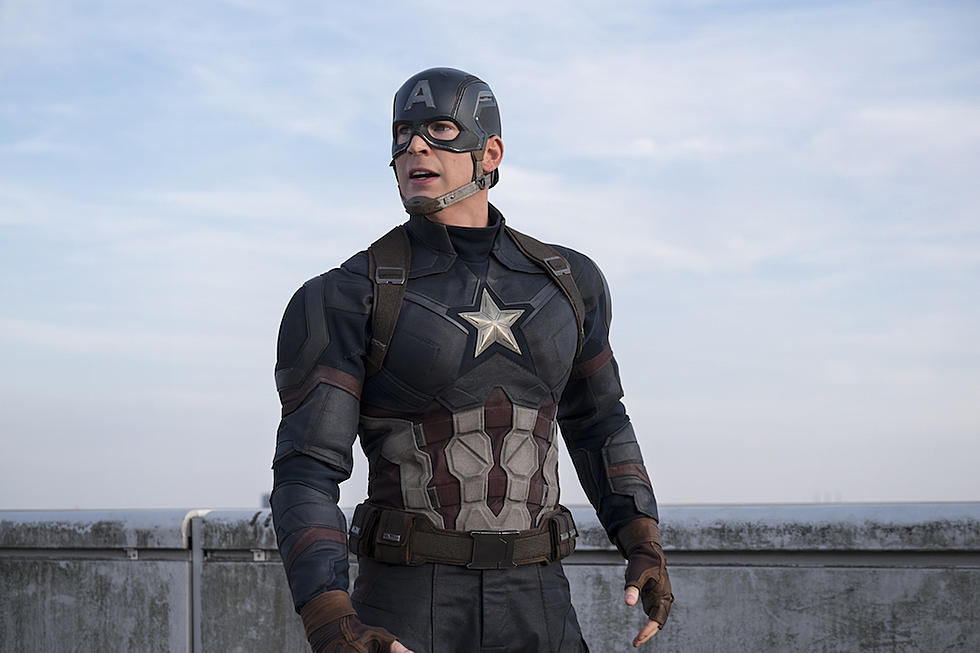![Being Green: Still Not Easy – ‘World War Hulks: Captain America Vs Wolverine’ #2 [Review]](http://townsquare.media/site/622/files/2010/08/hulks.jpg?w=980&q=75)
Being Green: Still Not Easy – ‘World War Hulks: Captain America Vs Wolverine’ #2 [Review]

It somehow doesn't seem appropriate that a comic about Marvel's heroes being infused with gamma radiation and each turned into their own variant version of the Hulk should evoke anything more complex than simple, visceral thoughts from me. In an ideal world I could have read "World War Hulks: Captain America Vs Wolverine" issue 2, the second installment in this two-part series, reported back with a verdict of either "Comic good!" or "Comic bad!" and been done with it. It's not that simple, though. Because my feelings on this book are, in truth, conflicted. This was a good story, don't get me wrong. But here's the thing. The strength of this comic, both in the main story written by Paul Tobin with art by Jacopo Camagni and in the backup by Brian Clevinger and Gurihiru, is in its flashback segments. The "hulked out" present day portions of the book are dull in comparison, scenes that must be waded through to get back to the more interesting story. So the result is that while these books tie-in with the World War Hulks event and wouldn't ever have had the chance to exist otherwise, the flashback stories underneath all the smashing are perfectly capable of standing on their own. And although each is enjoyable, I can't help but feel they would have been even better if they'd had more pages to work with, pages unfortunately taken up by fight scenes that don't really go anywhere.
Take Tobin and Camagni's story, in which a hulked out Wolverine fights a hulked out Bucky Captain America. I'm going to gloss over the question of how exactly gamma radiation made Bucky's metal arm grow spikes. I realize it would be silly to see a version of Cap with an enormous hulk-sized body but a tiny human-sized left arm. And if there's one thing I can say about this comic, in which an immortal Canadian who was once subject to secret military testing and has now been turned into a giant angry furry by radiation fights an equally irradiated former teenage special forces soldier who was presumed dead for decades but actually brainwashed into being a Soviet assassin who spent long stretches in cryogenic preservation before having his memory restored when his former mentor used a magic cube on him and who, a hero again, now uses a metal shield as a frisbee-like weapon, is that it's not the sort of place where things that are silly happen.

Instead I'll get straight to my point that the stronger part of this story is the flashback, in which Wolverine remembers a time post-World War II but pre-Weapon X when he fought against Bucky, then the Winter Soldier, in a gang war in Chicago. In fact during the present-day fight scene Wolverine spends a lot of time narrating about that other story, talking about how hulking out has brought all these feelings of anger he once had towards Bucky back to the surface. And it's great that Tobin has been able to take premise of two giant, angry versions of Marvel's biggest heroes fighting each other and crafted another story that ties in well with it and is much more satisfying to follow. The problem comes when I'm quickly moving through what the title and cover would seem to indicate is the main story in order to get back to the parts of the far more interesting story.
And if Tobin's story were the only time this were the case it might not be so glaring, but Clevinger's back-up, a fight between a hulked-out Thing and a hulked-out Human Torch, runs into the same issue. Clevinger writes fun flashback scenes of ordinary day-to-day life with the Fantastic Four, as his comic exchanges between Reed and Sue threatening to upstage the thoroughly hilarious ones between Ben and Johnny. And all of those scenes upstage the actual fight between Hulk-Thing and Hulk-Torch.
So I'm left with an odd feeling about this book. I enjoyed reading both stories, there's no doubt there. I'm just a little puzzled about the tie-in with World War Hulks. I get the feeling there are a lot of people who would like this series who haven't given it a chance because they've got no interest in the event. And at the same time I'm fairly certain that a lot of people may have come to the book expecting a big flashy fight between a giant angry Captain America and a giant angry Wolverine and instead got a story about organized crime in mid-20th century Chicago that may not have been what they wanted. Give this one a chance, but don't judge it by its angry green-skinned cover.
More From ComicsAlliance









